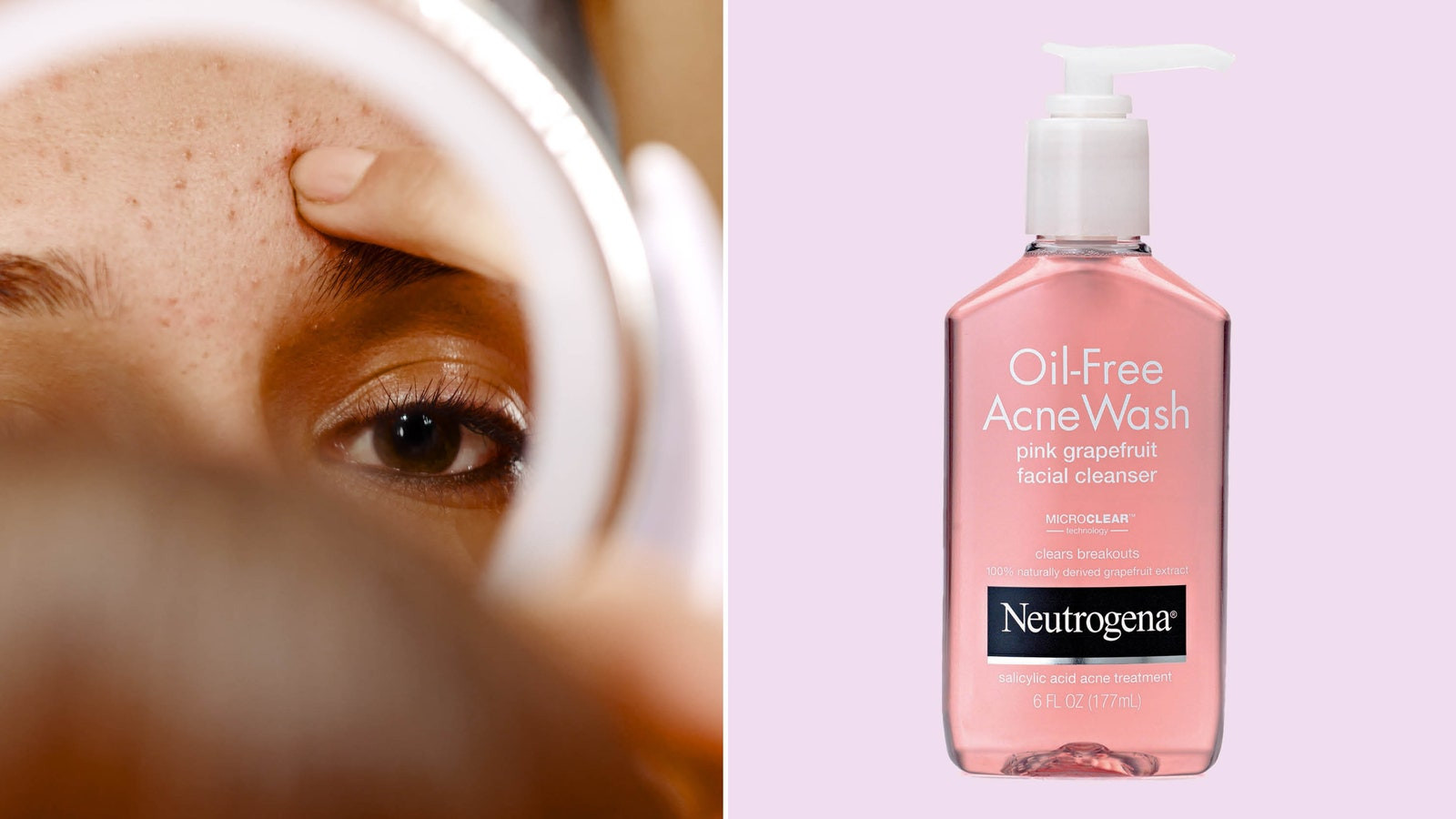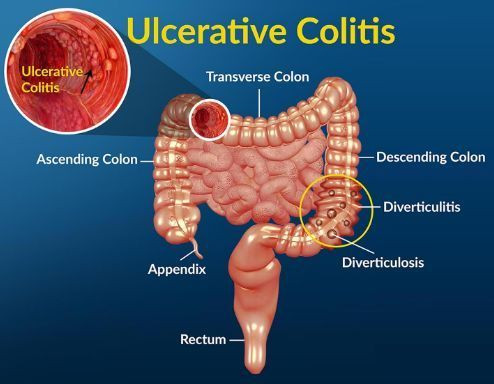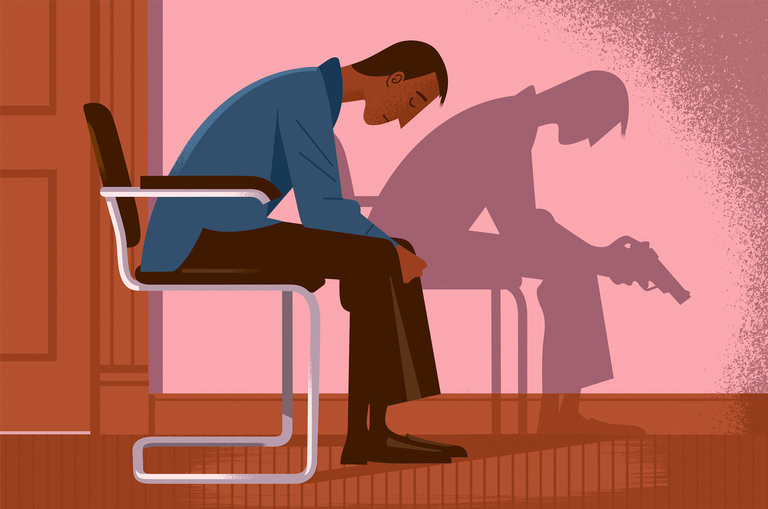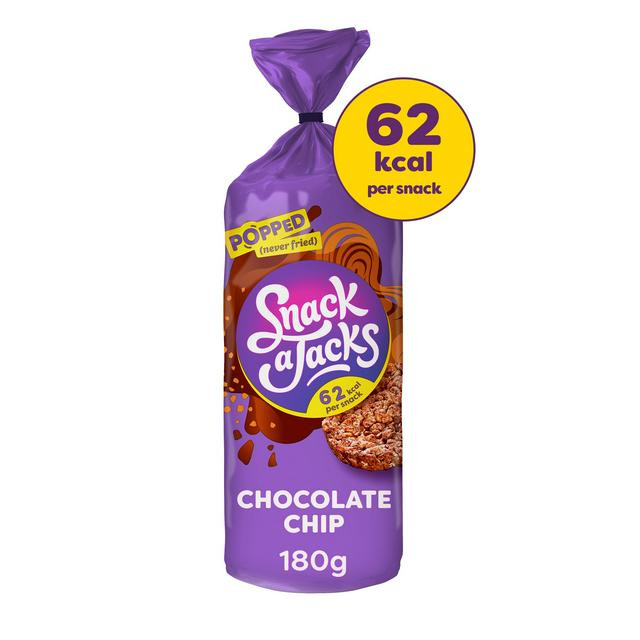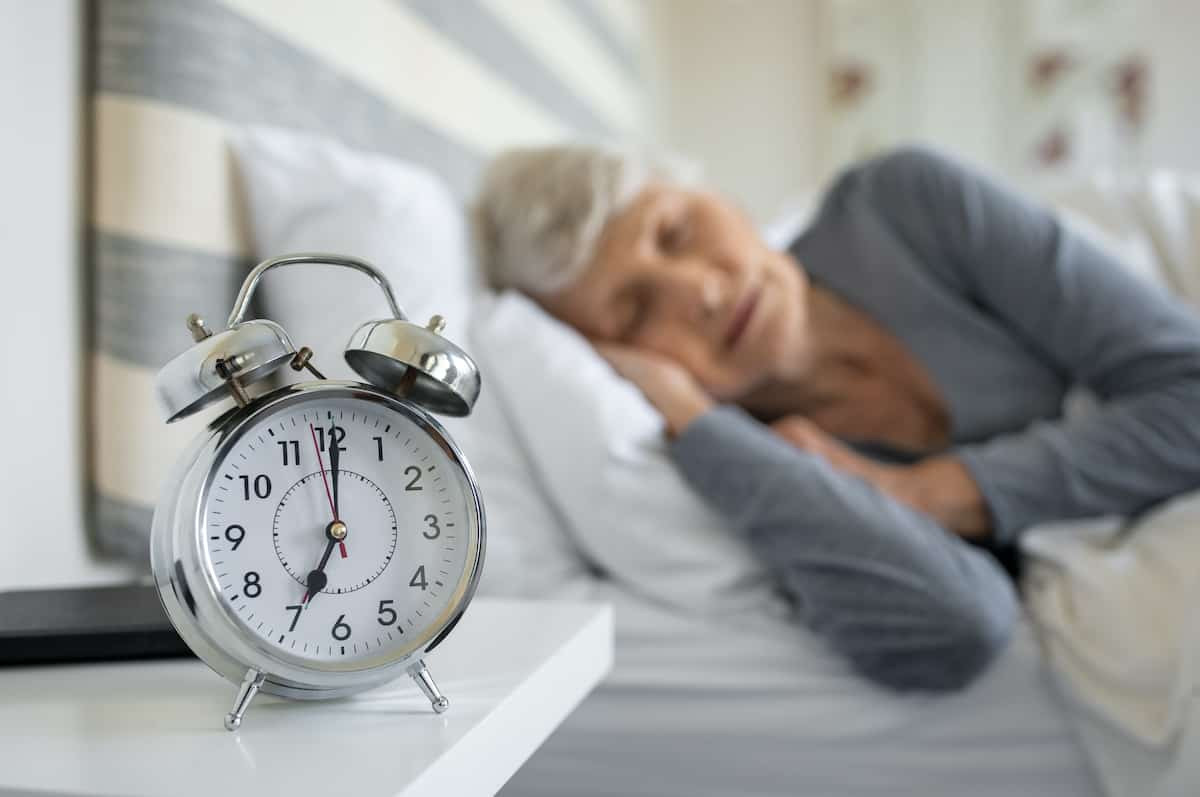Acne has plagued humanity since ancient times, with evidence suggesting that even King Tutankhamun suffered from it. The young pharaoh was entombed with patchouli leaves, believed to strengthen the skin and balance oil production. The Ancient Egyptians also turned to sour milk as a remedy, while the Greeks favoured honey and sulphur. A Greek physician named Theodosius even recommended watching a falling star while wiping one's spots, in the hope that the acne would vanish along with the star.
Fast forward to today, and while the causes of acne - like genetics, skincare habits, and lifestyle factors - remain the same, our understanding and treatment options have advanced significantly. Acne occurs when excess oil production clogs pores, trapping bacteria that lead to inflammation and breakouts. However, the good news is that with the right approach, acne can be effectively managed and even cured.
Modern approaches to acne treatment
The complexity of acne treatment reflects the complexity of the condition itself. The American Academy of Dermatology recently updated its guidelines for managing acne vulgaris, following a systematic review published in January 2024. This review produced 18 evidence-based recommendations and five good practice statements, highlighting the most effective treatments available today.
Topical treatments: Benzoyl Peroxide and Retinoids
Benzoyl peroxide is widely regarded as one of the fastest-acting acne treatments. Dermatologists often recommend starting with a product containing 2.5% benzoyl peroxide to minimise the risk of side effects like dry, irritated skin. This treatment is particularly effective for mild acne and works by killing the bacteria responsible for breakouts.
Retinoids, another cornerstone of acne treatment, work by unclogging pores, making other medicated creams and gels more effective. Retinoids, like isotretinoin, address the four main causes of acne: bacteria, clogged pores, excess oil, and inflammation. While potent, these treatments often require a prescription and a course of four to five months.
Oral treatments: Antibiotics and Cortisone injections
For more severe cases, oral antibiotics such as tetracyclines (minocycline, doxycycline) or macrolides (erythromycin, azithromycin) are commonly prescribed. These antibiotics reduce the redness and swelling associated with acne, though they should be used for the shortest duration possible to avoid antibiotic resistance. Combining antibiotics with topical treatments like benzoyl peroxide can further reduce this risk.
For deep, painful pimples, dermatologists may recommend a cortisone injection, which can rapidly reduce inflammation. It's crucial to avoid picking or popping pimples, as this can exacerbate inflammation and lead to scarring.
Cutting-edge treatments: Sebacia and AviClear
Research into acne continues to evolve, with exciting new treatments emerging. One such innovation is AviClear, a 1726-nanometer laser that offers a safe, drug-free approach to acne treatment. This technology, which specifically targets oil glands while sparing the surrounding skin, has recently become available in Australia after receiving clearance from the US FDA for treating mild to severe acne.
Another groundbreaking option is Sebacia, a treatment designed to target sebaceous glands using a combination of light-based therapy and gold microparticles. This treatment is typically administered in a series of three sessions over 14 days. This is not yet available in Australia, however.
The Future of Acne Treatment
As research into the genetic and biological underpinnings of acne advances, we can expect even more effective treatments on the horizon. The ongoing exploration of new medications, as well as laser and light therapies, promises to provide those suffering from acne with even more options to achieve clear, healthy skin.




